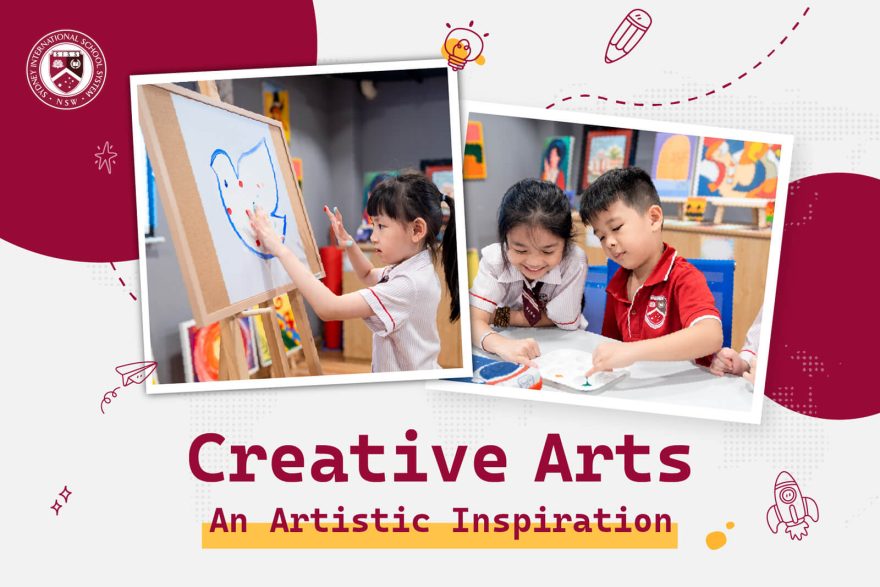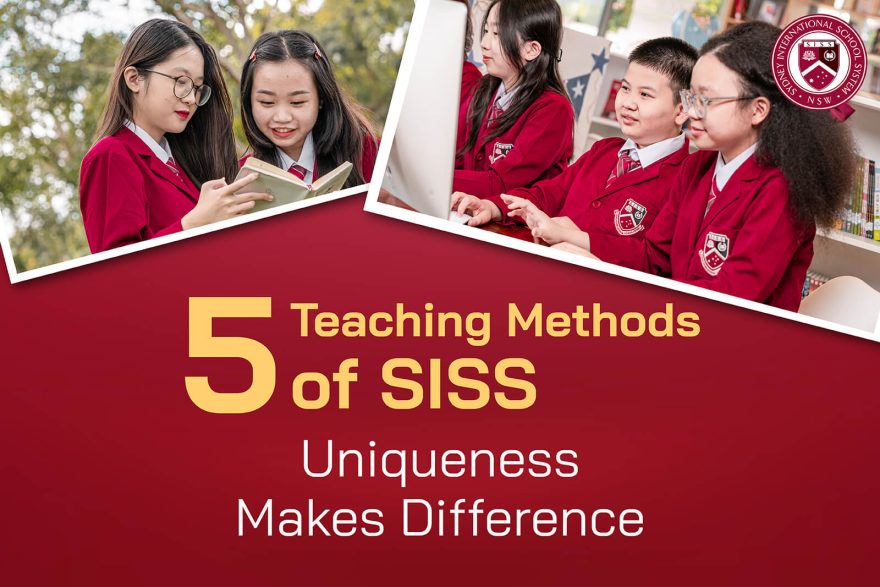Effective Personal Development Strategies for Students
To optimize knowledge absorption and skill improvement at each stage, students need to establish and design effective plans to complete their goals.
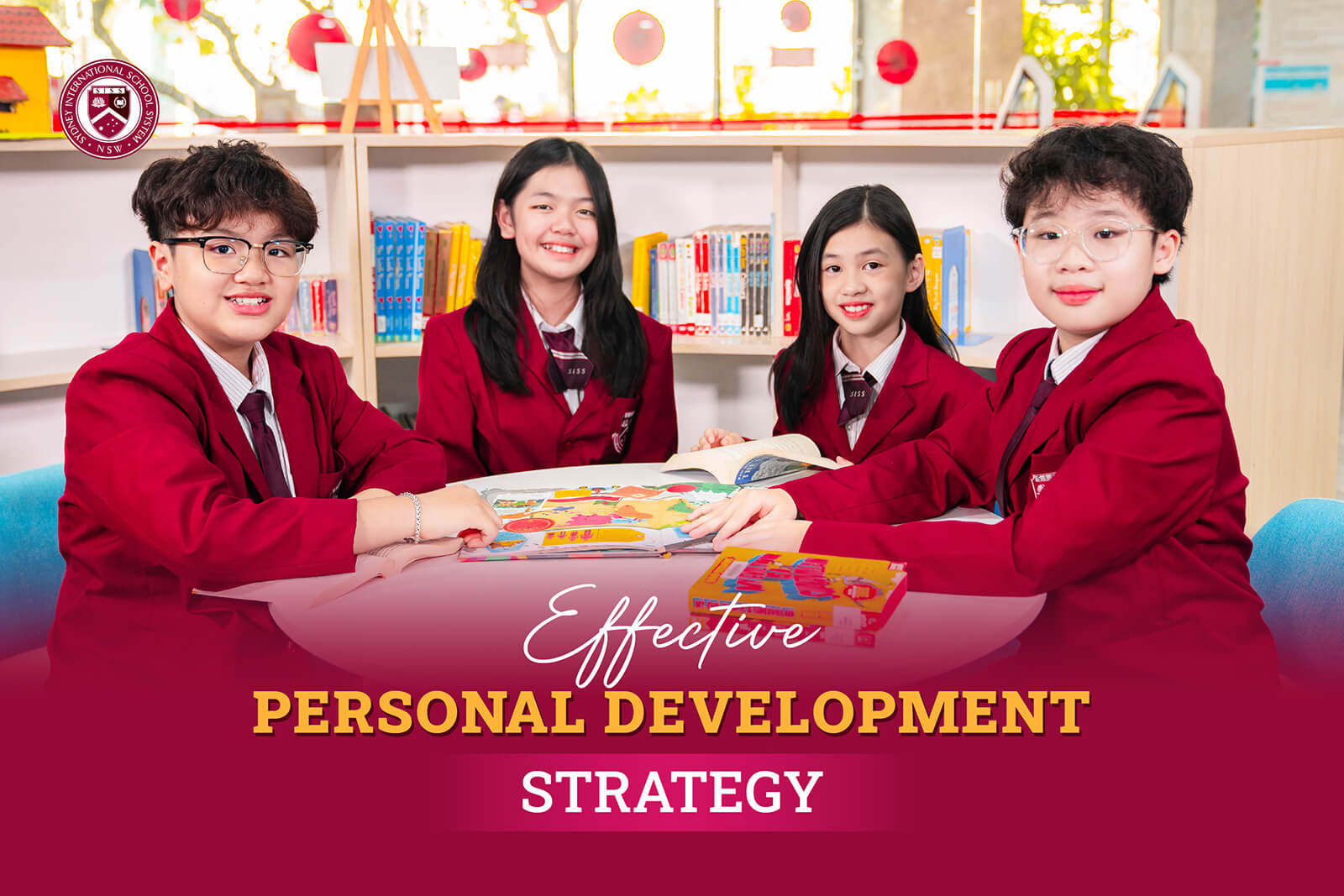
Why Do Students Need Personal Development Strategies?
We often think that only adults need to build a strategy for personal development, while students only need to study according to the schedule and arrangements of the school and family. That inadvertently makes them dependent and passive in making decisions. At the same time, it will be difficult for them to clearly understand the goals they want to aim for and the meaning of the process of self-improvement.
There is a famous saying by Mel Robbins, “When you set a goal, your brain opens up a task list.” Meaning that only when you set a specific goal will you visualize the things that need to be done to complete that goal. Setting goals is not difficult. The difficulty is in helping students identify the steps to take and seriously implement that plan.
Personal development goals are no exception. Personal development is a way for students to spend their time in school to practice and acquire the necessary knowledge and skills, and when the right time comes, it will be the luggage for them to create a breakthrough for the future. Building a personal development plan also helps students practice good qualities such as concentration, discipline, perseverance, striving, willingness to learn, etc.

Steps to Build a Personal Development Roadmap
Below are some steps to help you build a personal development strategy as well as some notes to complete the set goals.
1. Define Your Goals
This is an extremely important step because it will determine whether you need to build a thorough and professional plan. Begin by answering the following questions: What career do you envision for your future, and why? After graduating from high school, what major do you want to pursue at university? What achievements do you aim for in the next academic year? Are there any specific universities you want to attend? What skills and knowledge are required to achieve your goals?
Dig deeper beyond general ideas by asking yourself detailed, goal-specific questions. For example, if you want to study abroad in the US, make a detailed list of related issues such as what major to study, where to study abroad, which schools are potential, if that major is promising, and what requirements that major requires in the US. Only then will you know how to build a very detailed plan.
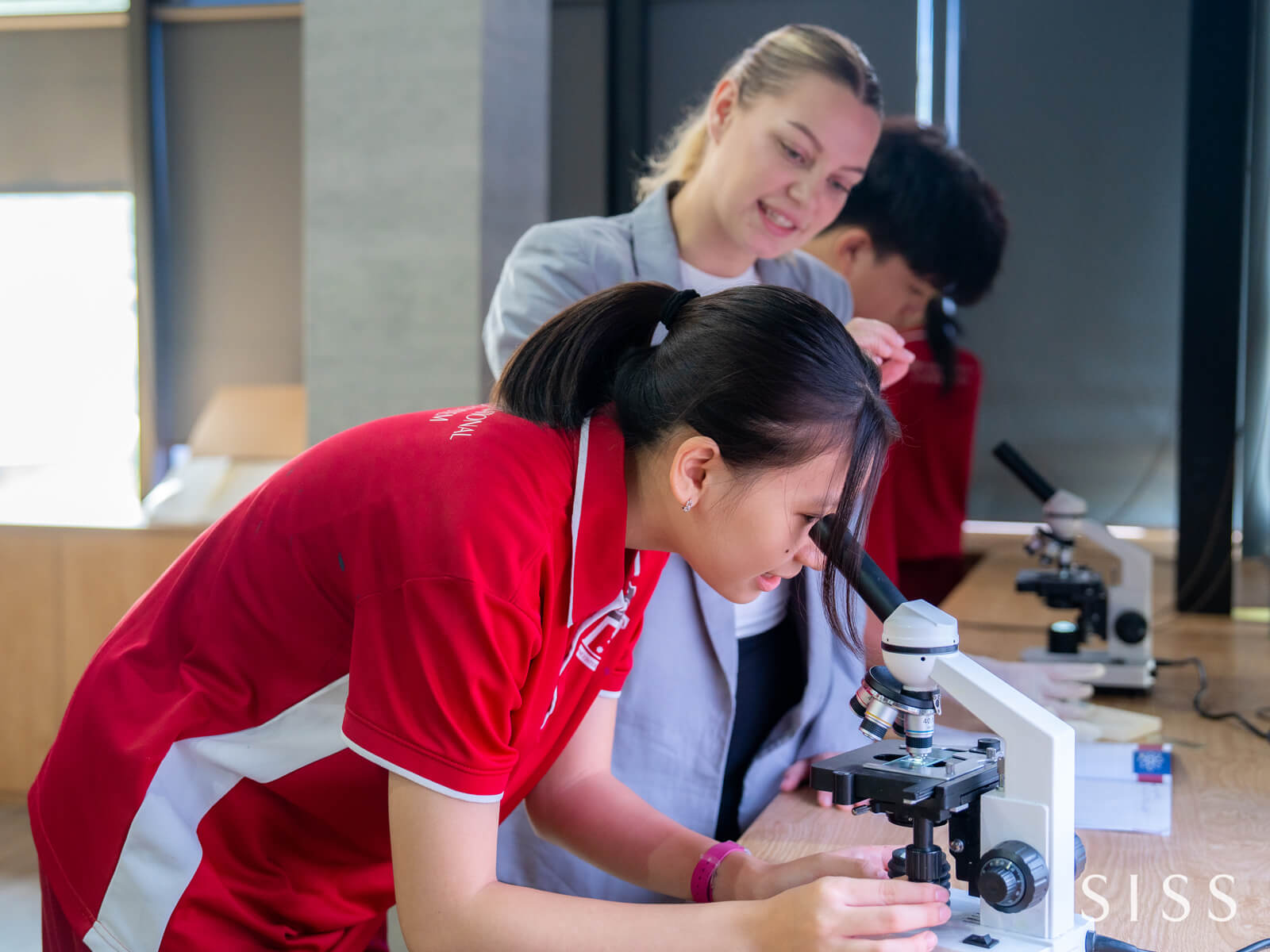
2. Break Down Your Goals
Have you ever felt that achieving your goals is difficult and makes you discouraged? That is normal because not everyone can achieve big goals overnight. Therefore, breaking your goals into short-term and long-term milestones can help alleviate pressure and keep you motivated as you progress toward your final goal.
Consider thinking of your journey as a series of milestones. At each milestone, you should outline what you need to complete and seriously do it. For example, within the next year, you want to achieve IELTS 8.0. So during that time, divide it into many 3-month milestones, with each month increasing a certain band score.
3. Identify Obstacles and Advantages
On the path to building a personal brand, there will inevitably be times when you encounter difficulties and obstacles. Those challenges can come from internal problems and also from external factors. However, do not be discouraged because the companionship, support, and trust from relatives, friends, and teachers will be a source of motivation to give you more strength.
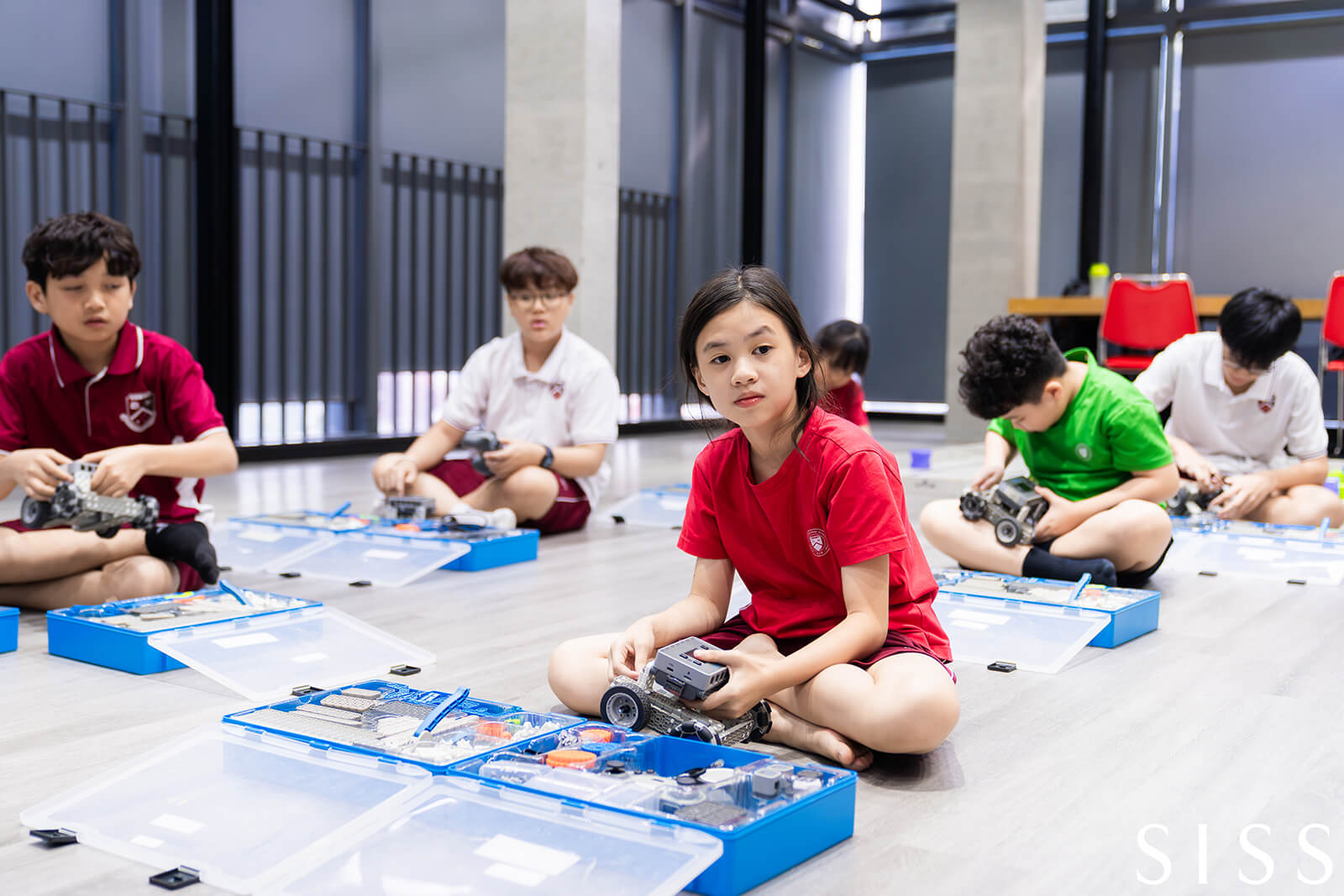
Before embarking on any plan, take time to identify potential difficulties, challenges, and advantages, considering both internal and external factors. For instance, if a student aims to build connections with foreign friends in the next academic year, their primary obstacle would be a language barrier, while the advantage would be the ability to connect. In this case, when applying a personal development strategy, that student needs to outline a plan to improve their English communication skills and take advantage of their ability to connect with foreign students.
Building a personal brand always requires time, perseverance, and discipline. To ensure the process runs smoothly, remember to seek advice and support from family, friends, and the School. At SISS, students are encouraged to develop through 2 factors: close assessment and monitoring by both the School and their families, and personal growth fostered in an open, free, and respectful environment that embraces differences. At the same time, SISS teachers are always ready to listen and support students in their journey of self-discovery and personal breakthroughs.



